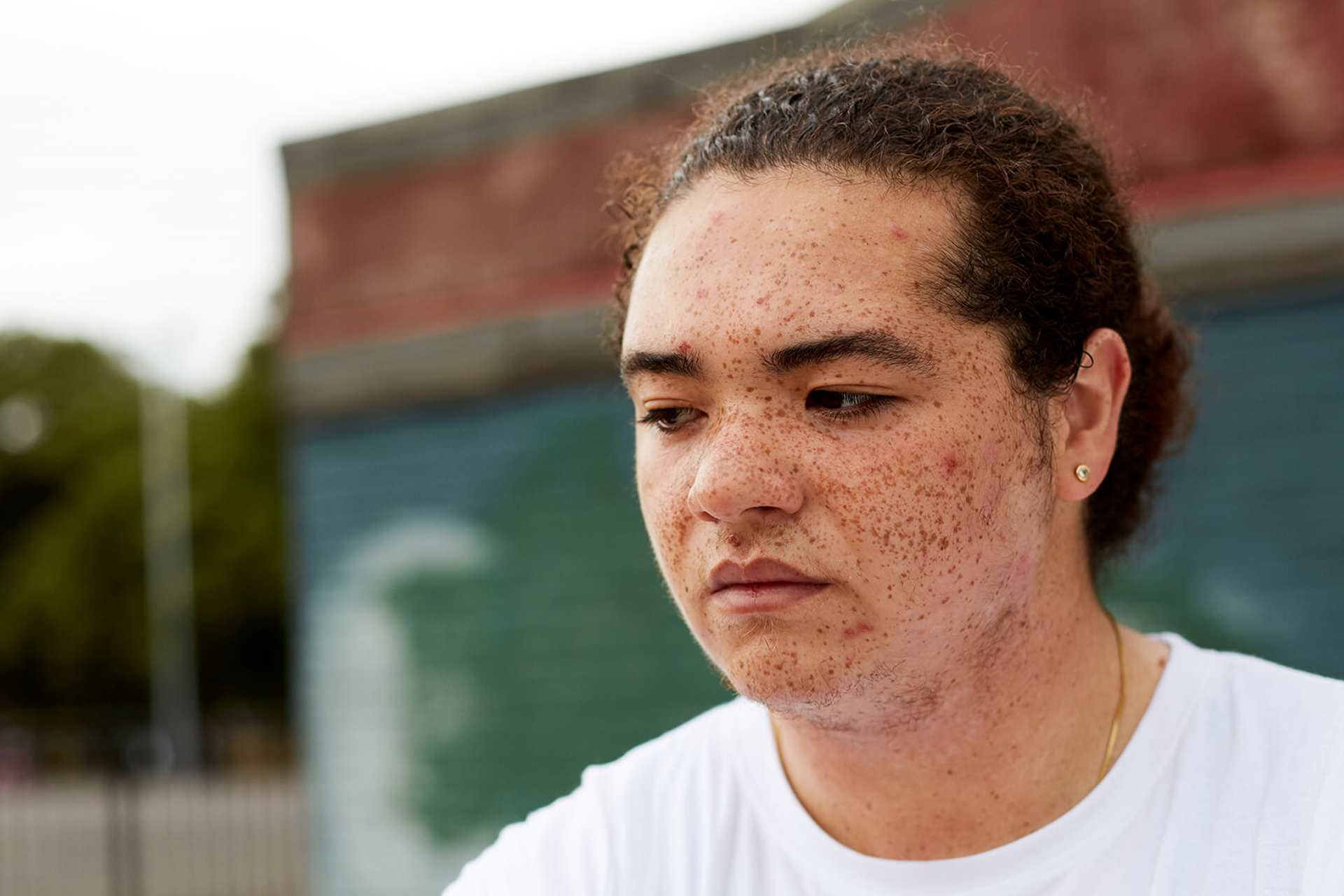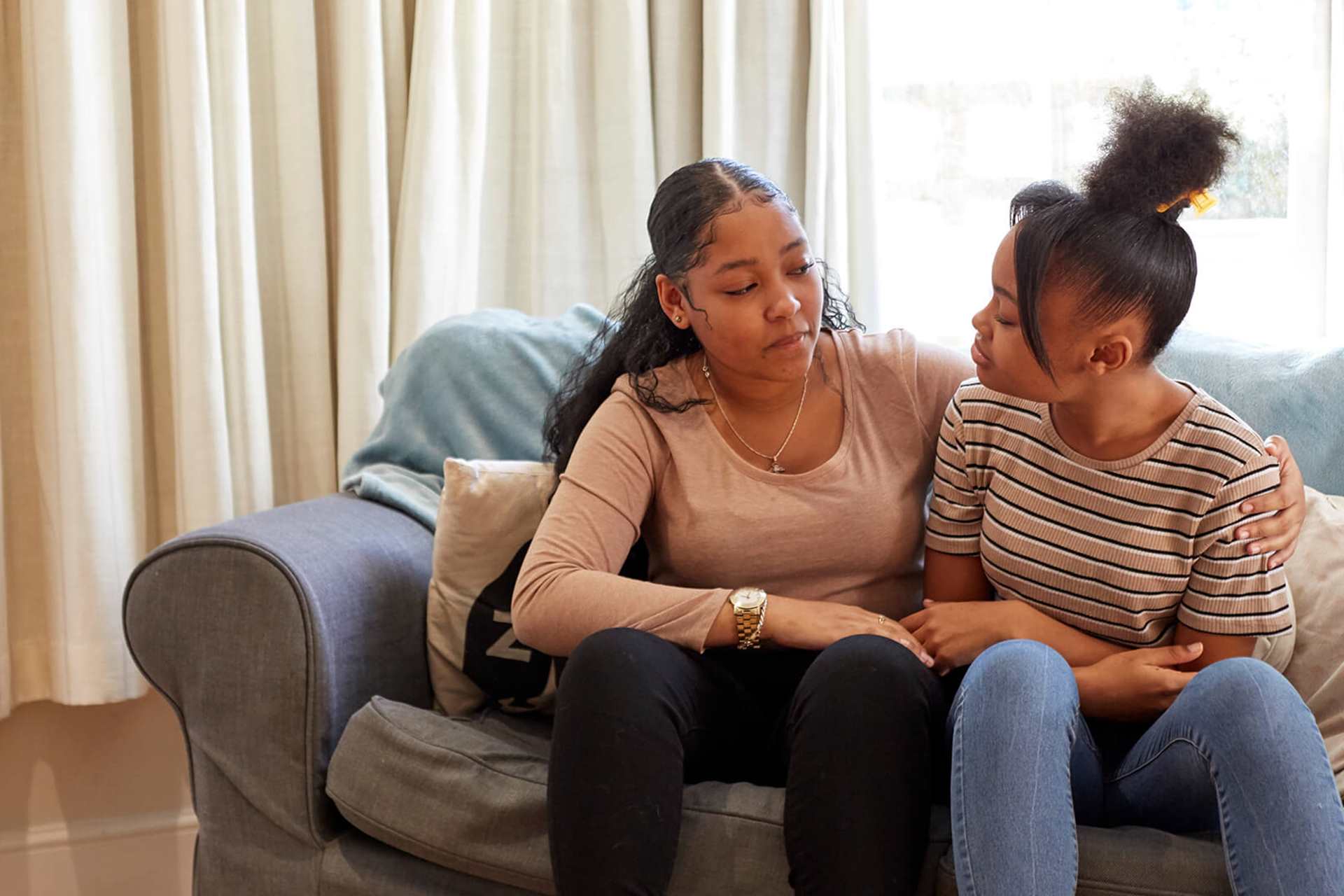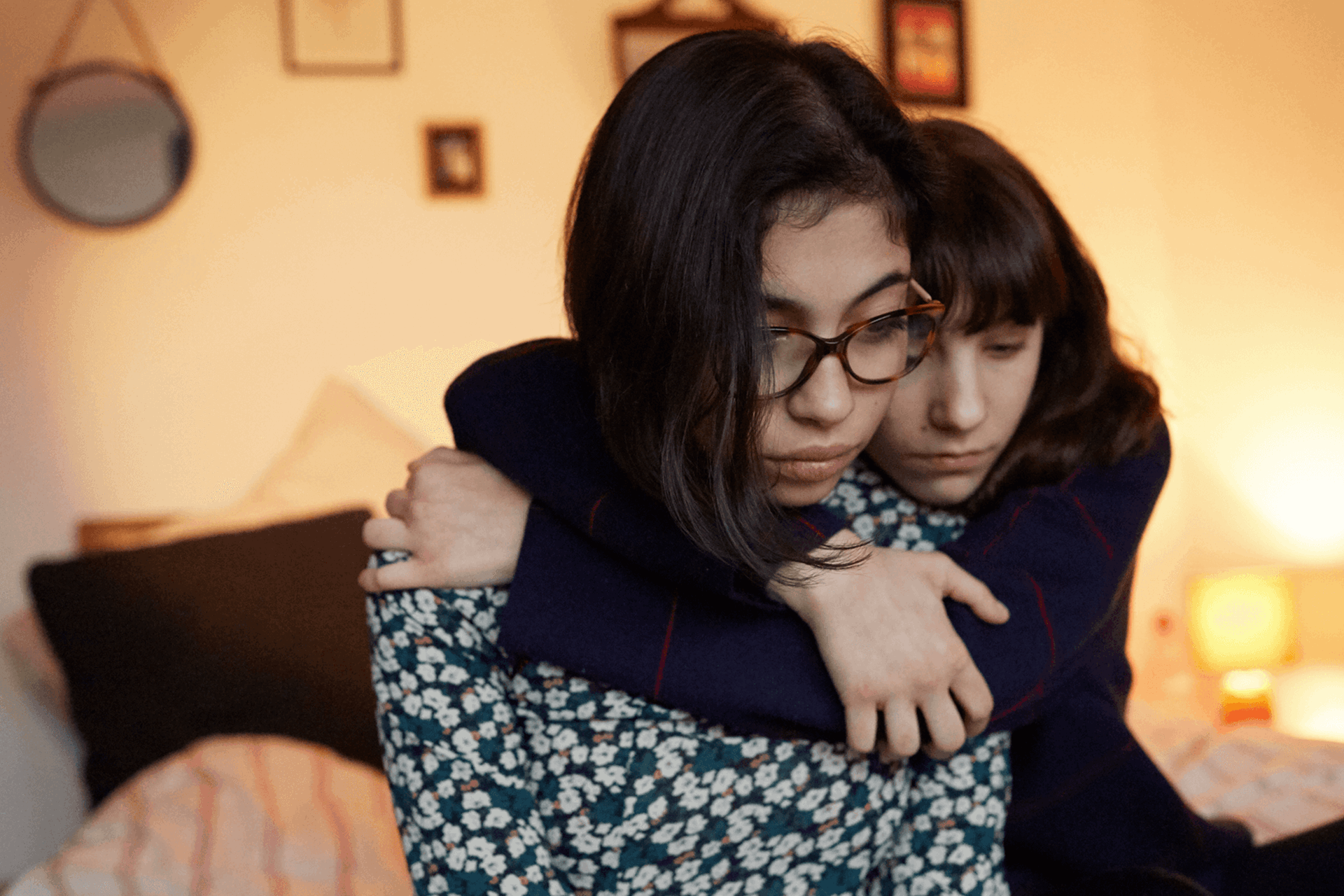Topics mentioned: friends, eating problems
About: Dealing with mental health struggles can put a strain on our relationships. Rebecca, 20, shares what living with a mental illness has taught her about the meaning of friendship.
Having someone to listen to you and support you without judgement, and someone to lean on when times are tough and encourage you, can make such a difference.
Having mental health issues, as I am sure you are aware, really can take a toll on your life. You can lose many things: hope, enthusiasm, functionality, drive, confidence and even social skills, which can affect your relationships with friends.
Why is it difficult to talk to friends about mental health?
There are a number of reasons why young people struggle to open up to their friends about mental health. These can include:
- The taboo around the subject and people not wanting to talk about it.
- Embarrassed about sharing your feelings.
- The fear of being judged.
- Friends not having the patience to understand, deal with and respect your illness.
- Your mental health condition making you push those who try to help away.
I have learnt, after all this, that real friends do exist - people who care and genuinely take an interest in your life.
Sometimes friends do not mean to upset you or make things worse, but they may make you feel like a burden to be around, they may fail to include you in things, and they may see you for the illness rather than the person. This is a reflection on them, not you.
But having someone to listen to you and support you without judgement, and someone to lean on when times are tough and encourage you, can make such a difference.
What being in hospital taught me about friendship
Being in hospital with an eating disorder and struggling with my mental health for the last seven years has taught me a lot about friendship. So, what have I learnt? What can I share?
Over the course of seven long, tiring years, I have (unintentionally) pushed many friends away. I have used every excuse in the book to avoid going out, avoid texting friends and avoid pretty much every social situation. Sometimes I feel really boring.
I am now 20 years old and I have never had a relationship, been clubbing, or done the other ‘normal, typical’ things a teenager would do. I have missed out greatly on a social life… in fact, on life itself! But, I have learnt, after all this, that real friends do exist - people who care and genuinely take an interest in your life. There may not be many, but as the old saying goes: it’s quality not quantity!
Sometimes it is as simple as sending a little text, letter, email, voice note – anything – just to let them know they are not alone.
How my friends helped me
Throughout my struggles I have lost friends, and realised the amount of ‘fake’ friends I have had, who would just use me left, right and centre. But after all that, I have now got a group of REAL friends. And by real, I mean friends that I admire - the ones I would genuinely be lost without. Through it all, they have been here for me, near or far, speaking or not speaking, and they have not given up on me, even when I almost did myself.
So, how have they helped?
In my opinion, it has been as simple as just being there when I have needed them, supporting me, talking to me and being a positive distraction. Leaving me with a smile at the end of a tough day. Not giving up on asking me to go out (even when I would say no, they never failed to invite me). Accepting me for who I am, faults and all. It is those friends who I admire dearly.
Even if you don’t know what to say or how to help, the important thing is that you are there for them.
Let them know that they are not alone
So a message for you all: if you have a friend who is going through mental health issues, do not give up on them. Eventually, they will come round. Do not take offence and blame yourself – it is just how they are for the time being, but they do acknowledge your supportive nature.
Play it simple: be there when they need you. Sometimes it is as simple as sending a little text, letter, email, voice note – anything – just to let them know they are not alone. Even if you don’t know what to say or how to help, the important thing is that you are there for them.
More information and advice
We have tips and advice to help you find the support you need. Take a look at our guides.
Where to get help
However you're feeling, there are people who can help you if you are struggling. Here are some services that can support you.
-
Childline
If you’re under 19 you can confidentially call, chat online or email about any problem big or small.
Sign up for a free Childline locker (real name or email address not needed) to use their free 1-2-1 counsellor chat and email support service.
Can provide a BSL interpreter if you are deaf or hearing-impaired.
Hosts online message boards where you can share your experiences, have fun and get support from other young people in similar situations.
- Opening times:
- 24/7
-
Youth Access
Provides information about local counselling and advice services for young people aged 11-25.
Put in your location and what you need help with into their 'Find help' search, and see what services are available in your area.






